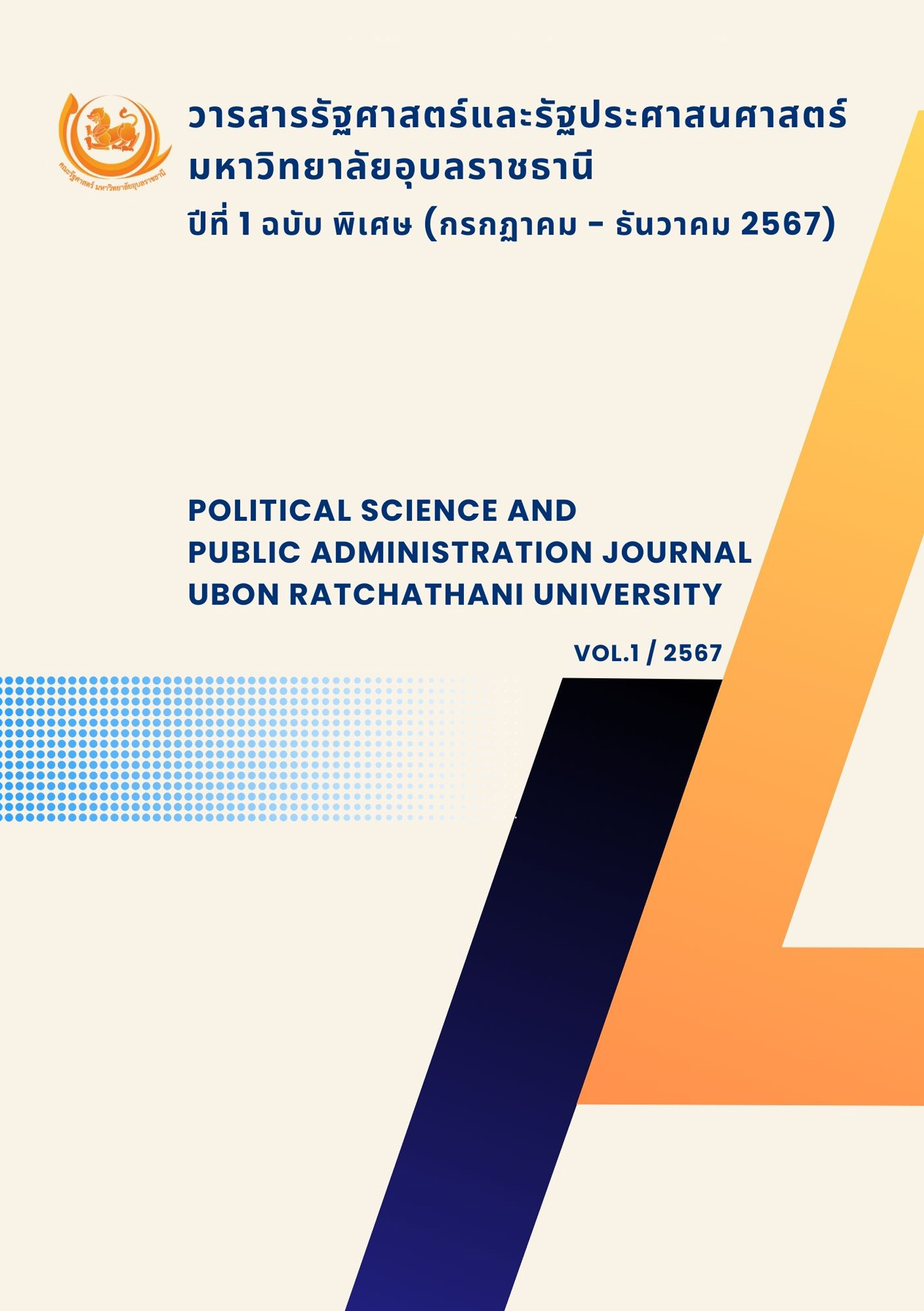Voting Rights for Sell?
A Social Contract Analysis into Thailand’s Vote-selling Discourse
Keywords:
elections, vote-selling, social contract, political theory and public policyAbstract
Vote-selling has been one of the most prominent discourses in discussions surrounding elections in Thailand. However, this discourse has become integrated into the political strategies of various groups seeking to justify election outcomes. This article seeks to examine and question whether vote-selling can be considered acceptable within the framework of social contract theory, specifically by addressing two fundamental questions: Can votes be sold within a free market system? If votes are regarded as a form of commodity, can we still regard election outcomes as legitimate? The answers lie in the interpretation of civilian voting rights as a bond between the political community and its members. When individuals treat voting rights as a marketable commodity, they use the social contract to further personal benefit, effectively rendering that contract void. Consequently, a government formed through an election influenced by vote-selling cannot be considered legitimate, as the electoral process lacks the essential element of civil consent necessary for a truly justified government.


